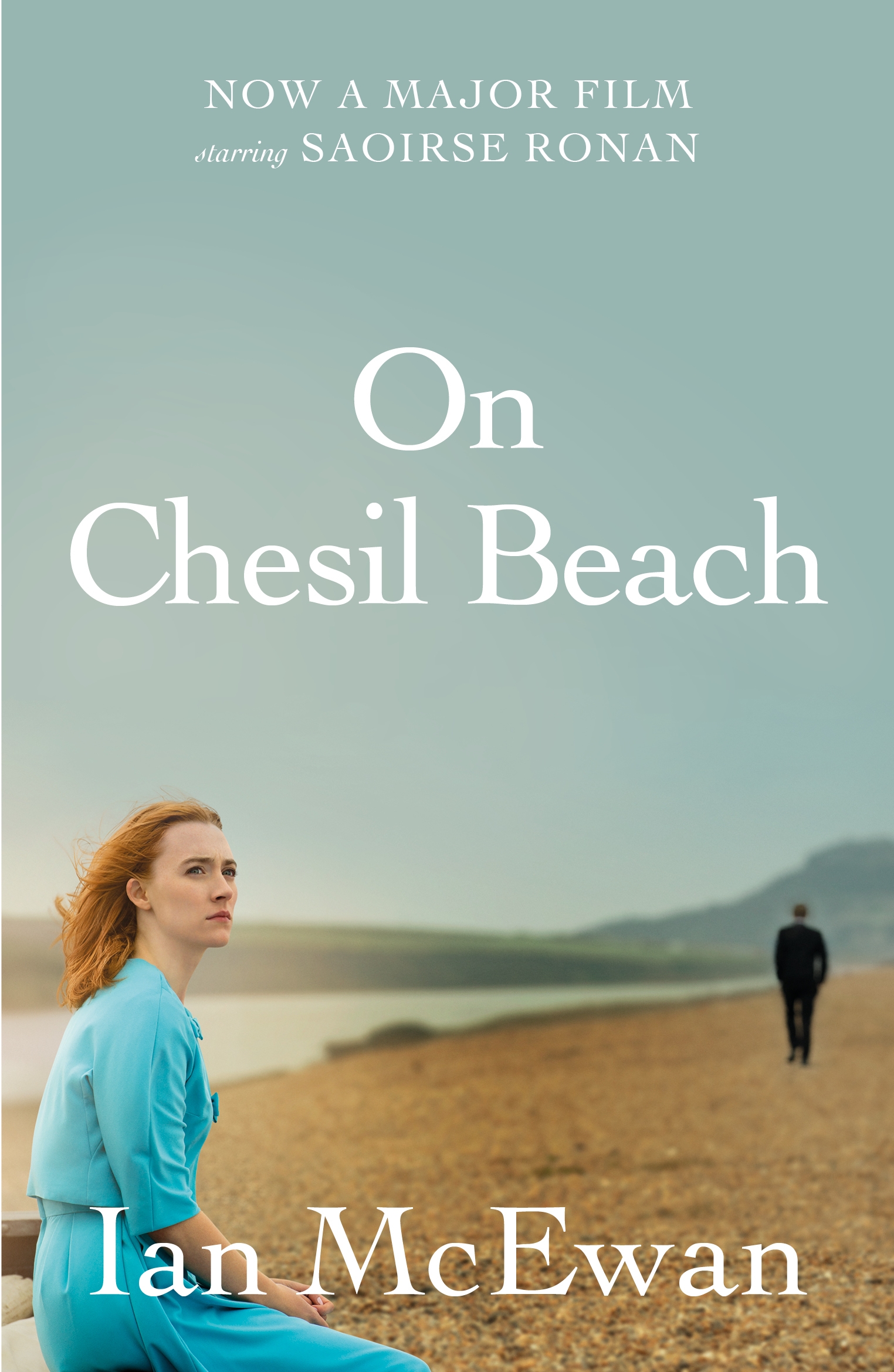
“Lessons should have made the Booker longlist (and shortlist) but no matter. Can we take full charge of the course of our lives without damage to others? How do global events beyond our control shape our lives and our memories? And what can we really learn from the traumas of the past? His journey raises important questions for us all. Haunted by lost opportunities, he seeks solace through every possible means - music, literature, friends, sex, politics and, finally, love cut tragically short, then love ultimately redeemed. As the radiation from Chernobyl spreads across Europe, he begins a search for answers that looks deep into his family history and will last for the rest of his life.įrom the Suez Crisis to the Cuban Missile Crisis, the fall of the Berlin Wall to the current pandemic and climate change, Roland sometimes rides with the tide of history, but more often struggles against it. Now, when his wife vanishes, leaving him alone with his tiny son, Roland is forced to confront the reality of his restless existence. 2,000 miles from his mother's protective love, stranded at an unusual boarding school, his vulnerability attracts piano teacher Miss Miriam Cornell, leaving scars as well as a memory of love that will never fade. When the world is still counting the cost of the Second World War and the Iron Curtain has closed, eleven-year-old Roland Baines's life is turned upside down.

Translations are also available in numerous countries. The novel is a chronicle of our times - a powerful meditation on history and humanity told through the prism of one man’s lifetime. Ian McEwan, our foremost storyteller, has written an ambitious, mesmerising new novel, Lessons.


Identifying this set of affiliations across the modern and contemporary novel further develops the form’s secular genealogy.

Saturday, and McEwan’s fiction generally, emerge as much more stridently secular than recent studies of his work’s sincerity and commitment suggest. McEwan’s novel Saturday (2005) completes the secularizing work of modernist form by grounding it in materialist, brain-based cognition, a reading of the novel supported by a genetic view of McEwan’s notebooks and drafts. What draws McEwan to Virginia Woolf and James Joyce is not simply modernist form per se, but its secularizing potential, though one McEwan sees as incompletely realized. 66–84, Īuthor's Abstract: Studies of Ian McEwan’s novels have demonstrated his engagements with modernist form and neuroscience, but they have not attended to how he draws these two together with a specific purpose: to put the novel to work for secularizing ends, understood as challenging and surpassing religion and the supernatural as sources of meaning. “The Secularizing Work of the Novel: Modernist Form and Ian McEwan’s Saturday.” Journal of Modern Literature, vol. New Scholarly Work on Ian McEwan's Saturdayĭudley, Jack.


 0 kommentar(er)
0 kommentar(er)
